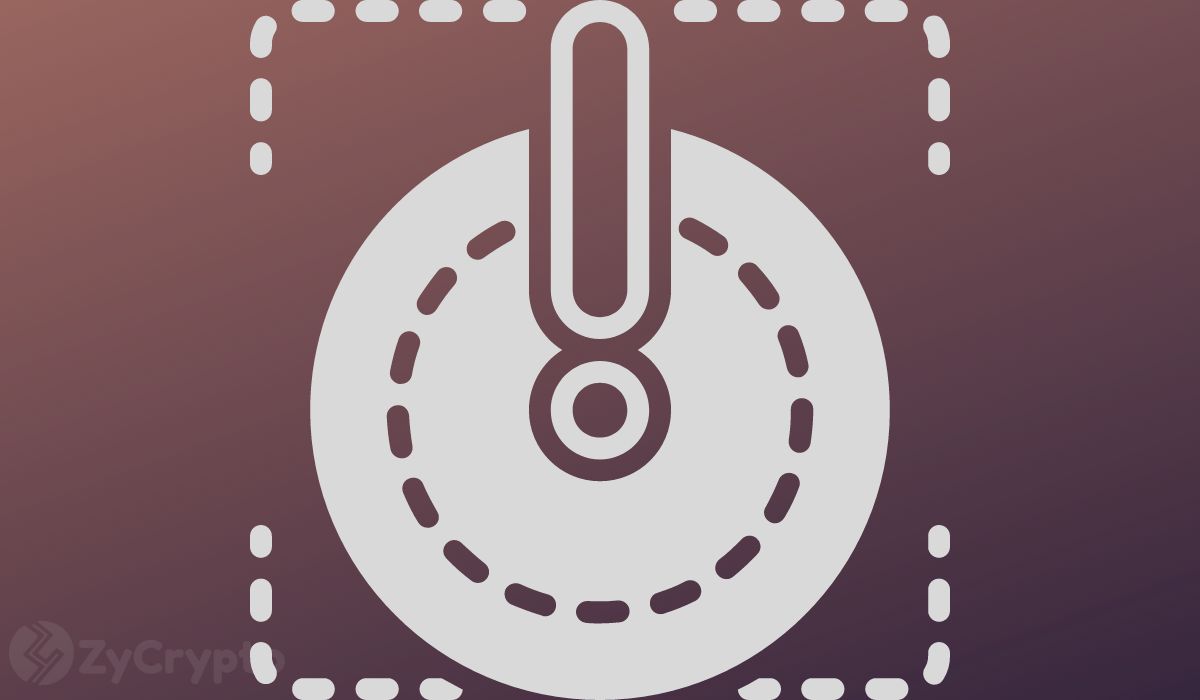Per his previous comments, Jamie Dimon, the Chairman and CEO of JPMorgan Chase, has made it clear that he is not a fan of crypto assets.
More recently, during the U.S. Senate Banking, Housing and Urban Affairs Committee oversight hearing on Wall Street firms on Capitol Hill, Dimon maintained his position on crypto while making some anti-crypto remarks.
“I’ve always been deeply opposed to crypto, bitcoin, etc. [Senator Warren] pointed out the only true use case for it is criminals, drug traffickers … money laundering, tax avoidance, and that is a huge case.” He asserted.
Affirming the views of Elizabeth Warren, the senior United States Senator for Massachusetts, who is also a strong critic of digital currencies, the JPMorgan boss points to Bitcoin’s anonymity as a cause for concern.
“Because it is somewhat anonymous, not fully, because you can move money instantaneously because it doesn’t go through all these systems built up over many years as you [Senator Warren] mentioned.” He added.
Powell stressed Bitcoin’s ability to bypass customers and sanctions. Suggesting that this poses a risk to the market, he firmly stated that he would “close it [Bitcoin] down” if he were the government.
Although Bitcoin’s anonymous nature is regarded as an upside by investors and traders championing the significance of decentralization, the traditional finance and legal ecosystems have consistently rejected this viewpoint.
As a result, digital assets and cryptocurrency exchanges dedicated to the facilitation of cryptocurrency trading have been sanctioned repeatedly.
It bears mentioning that some crypto proponents have called for a clear, concise, and comprehensive regulatory framework to prevent sanctions. Centralized exchanges have also made attempts to increase KYC compliance in a bid to reduce anonymity amongst users of their platforms.
Despite this, the general sentiment surrounding Bitcoin and the broader cryptocurrency market by prominent finance experts and government officials has been split between Pro-Crypto and Anti-Crypto individuals.
While some of these figures have expressed concerns similar to those of Jamie Dimon and Senator Warren, others seem to have changed their position on digital assets and their role in the finance sector.
Jerome Powell, the Chairman of the Federal Reserve, is one such figure whose position on crypto has leaned more positively over the years.
Back in 2021, Powell asserted that digital assets were generally useless because they were not only backed by no external system but because they were also highly volatile. More recently, in June of 2021, Powell told lawmakers that “crypto appears to have staying power as an asset class.”


